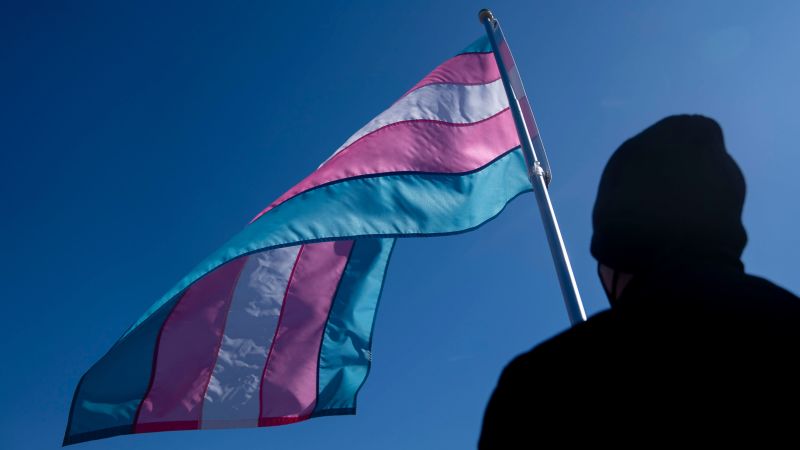The Texas A&M University System has enacted a controversial policy banning professors from teaching courses related to “race or gender ideology” without prior approval from university leadership. This decision, made by the board of regents, intensifies an ongoing conflict rooted in a student’s accusation against a professor for teaching about gender issues in a children’s literature course. The situation escalated quickly, leading to protests for academic freedom and the firing of the professor involved.
This latest development comes amid a broader political climate where terms like “gender ideology” and “transgender ideology” have become increasingly prominent. The White House has signaled a commitment to eliminate such terminology from federal discourse, echoing sentiments from former President Donald Trump, who has called for a return to what he describes as “biological truth” in government policies.
Controversy Surrounds Texas A&M Policies
The trigger for the Texas A&M decision was a viral video of a student claiming her professor was violating “the president’s laws” by discussing gender topics. This prompted immediate backlash from Texas Republican politicians, with one state representative labeling the situation as “TRANSGENDER INDOCTRINATION.” Following the uproar, the university’s leadership faced significant pressure, resulting in the professor’s dismissal and the resignation of the president of the flagship university, although reasons for the resignation were not disclosed.
In the wake of these events, students organized protests advocating for academic freedom, highlighting the tensions between educational content and political ideology. The controversy raises questions about the boundaries of academic discourse, particularly concerning sensitive subjects such as gender identity.
Political Rhetoric and Global Trends
The phrase “gender ideology” has found a foothold not only in the United States but also globally, particularly among conservative factions in Europe, Latin America, and Africa. A United Nations report notes that this anti-gender movement has gained momentum, often framed as a threat to traditional family values. Brazilian President Jair Bolsonaro, for instance, has built his political platform around opposition to “gender ideology,” which he claims undermines societal norms.
Trump furthered this narrative with an executive order on his first day in office in 2023, mandating the replacement of “gender” with “sex” in federal documents. His administration described “gender ideology” as inconsistent and a distortion of biological reality. This rhetoric has significant implications for individuals like Zaya Perysian, a transgender content creator who faced bureaucratic challenges after the order was issued. Perysian received a passport identifying her as male, a designation that conflicted with her gender identity, exacerbating her vulnerability in a society where she already feels marginalized.
The use of terms such as “gender ideology” and “transgender ideology” has been criticized for framing transgender individuals as adherents to a political belief rather than recognizing their gender identity as a fundamental aspect of who they are. This narrative diminishes the validity of transgender experiences and complicates the conversation about identity.
The impact of this political climate is evident, with data from GLAAD indicating a 14% increase in hate crimes against transgender individuals from May 2024 to May 2025. Such statistics underscore the risks associated with politicizing gender identity, which can lead to harmful outcomes for the affected communities.
Experts from various medical organizations, including the American Medical Association and the American Academy of Pediatrics, advocate for gender-affirming care. They assert that such approaches are essential for the health and well-being of transgender individuals. Nonetheless, over half of U.S. states have implemented restrictions on medical care for transgender youth, ranging from puberty blockers to gender-affirming surgeries.
As the political discourse surrounding gender identity evolves, it becomes increasingly critical to consider the human implications of such policies. The framing of transgender identities as ideologies rather than legitimate aspects of human diversity risks further marginalizing an already vulnerable population. According to Dr. Demetre Daskalakis, a former director at the U.S. Centers for Disease Control and Prevention, this ideological battle has real-world consequences, leading to adverse health outcomes for transgender individuals.
The ongoing debate reflects broader societal challenges regarding acceptance and understanding of gender diversity. As political leaders continue to engage in this discourse, the lives of many individuals hang in the balance, emphasizing the need for compassionate and informed discussions around gender identity.







